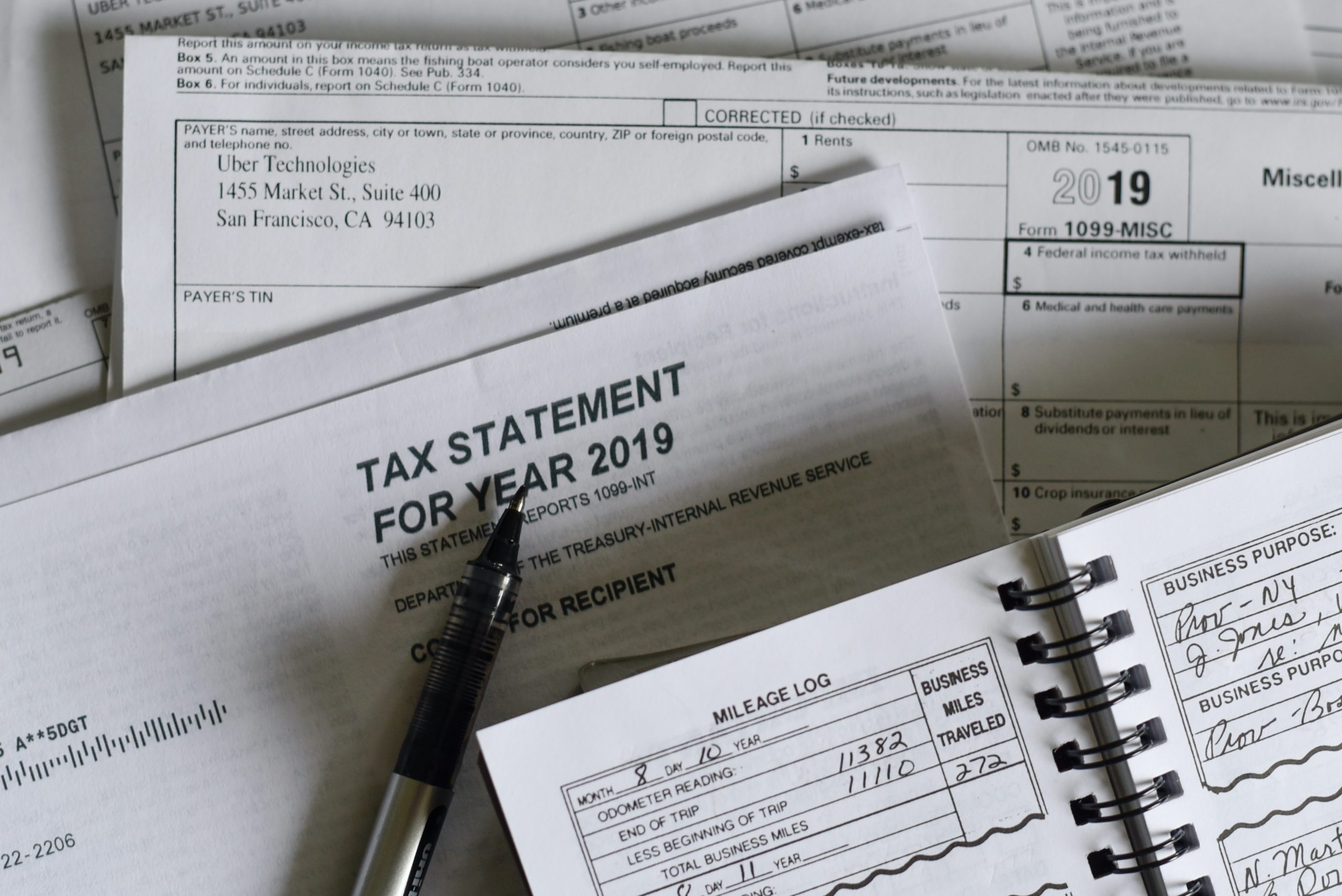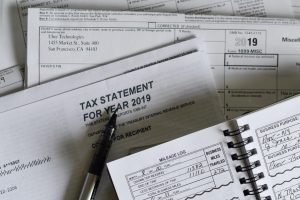
Everything You Need To Know About Sales and Use Tax in Maryland
Knowing the difference between sales tax and use tax can be a source of confusion for many small business owners, especially if you’re selling or purchasing out of state. It’s important to have a clear understanding of both in order to stay in compliance with in-person and online sales tax laws. So before we dive into how sales and use taxes work in Maryland, it’s important to break down the difference between both.
What’s the difference between a sales tax and a use tax?
Every state with a sales tax also has a use tax on the purchase of goods and services. In a nutshell, the taxes are nearly the same, just applied to different merchants. A sales tax is what the state  constitutes as tax collected by a merchant in-state, where a use tax is a tax that is collected and remitted by a remote seller (i.e, someone who has sales tax in the state but isn’t based there).
constitutes as tax collected by a merchant in-state, where a use tax is a tax that is collected and remitted by a remote seller (i.e, someone who has sales tax in the state but isn’t based there).
For example: If you own a small, in-person clothing boutique in Maryland, you’ll charge sales tax based on Maryland rules. But if you are a remote seller living in Maryland (let’s say you have an Etsy shop online), you would charge sales tax at the rate of the buyer’s ship-to address.
What do sales and use taxes apply to in Maryland?
When it comes to goods, all goods are subject to sales and use tax; including food, clothing, jewelry, art, furniture, cars, etc. There are only two exceptions:
- Agricultural products. Items that are sold and/or bought are not taxed if they are bought by a farmer and being used for an agricultural purpose.
- Food sales. Ok we know this is confusing, but bear with us! Food that is sold and meant for consumption off-premise is not considered taxable prepared food. However, food that is prepared for consumption on the premises or for carry-out is considered taxable prepared food and is subject to a 6% sales tax.
When it comes to services, only services listed under state law are subject to sales and use taxes in Maryland. These include (but aren’t limited to): manufacturing of personal property, transportation of electricity or natural gas, commercial cleaning and janitorial services, telecommunications services, credit reporting, and security services.
The tax rates for goods and services vary. In most cases, it is a 6% tax rate, except for vehicle rentals and alcoholic sales, which fall at 11.5% and 9%.
Who collects and files these taxes?
For sales tax, it is the vendor. A vendor is someone in the retail business who sells finished goods to consumers. Anyone who sells taxable services to consumers must also collect and file sales tax.
For use tax, it must be filed by any consumer who made a tax-free purchase in another state.
Is anyone exempt from these sales and use taxes?
There are specific situations in which vendors don’t have to collect sales tax. Some exempt organizations include cemeteries, credit unions, veterans groups, non-profits, etc. An exempt organization has to give the vendor an exemption certificate before making a purchase.
An exempt organization still has to collect and file sales tax when it sells goods, but there are exceptions. An example of this might be sales made by a church if those sales are made for the general purpose of the organization. You can read more about all the exemptions here.
Note: People who don’t regularly sell goods or taxable services are exempt from sales and use tax if they meet two conditions:
- The price of the product or service being sold must be less than $1,000.
- They are not allowed to sell through a dealer or an auctioneer.
How do I follow these sales and use taxes in Maryland?
When it comes to sales tax filing, a vendor who collects $15,000 or more in sales tax annually must file returns monthly, and taxes are due on the 20th of the month. If the sales tax collected is less than $15,000 annually, the vendor can file quarterly.
Before filing sales tax, the taxpayer must have a Federal Employer Identification Number (FEIN) from the IRS. They must also submit a Combined Registration Application (CRN) with the Comptroller to receive a sales and use tax license. You can file electronically or with paper, and you must provide gross sales for the period, as well as sales tax due for each tax classification.
Any individual who makes a tax-free purchase in another state is also required to file this form on the 20th of the month after the end of each quarter.
Filing late should be avoided, especially in Maryland, because two penalties can occur. The first is a 10% penalty added to the taxes due, and the second is an interest penalty of 1.08% per month. Filing early or on time is best practice – and also earns you a discount on your sales tax due.
And there you have it! Still have questions? Our CPAs would be happy to help! Call us at (410) 465-4600, or contact us online for more information.

Sorry, the comment form is closed at this time.